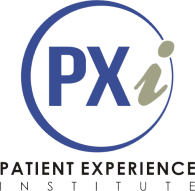Abstract
Over the past 17 years since the release of the Institute of Medicine report ‘To Err is Human’,1 health services and agencies around the world have increasingly focused on improving the safety and quality of health care. Historically, the commitment by health care professionals to ‘first do no harm’ has produced a focus on the absence of interventions that may cause adverse outcomes. This clinical approach links to the Hippocratic Oath which includes the promise "to abstain from doing harm". The Oath reminds clinicians to first consider the possible harm that any intervention might do. This approach to interactions with patients leads to an emphasis on the ‘absence of harm’ rather than a focus on the ‘creation of health’. To improve the care of patients, a paradigm shift is required in the health care services from a ‘disease-based intervention’ model to a supportive ‘health’ model. Just as ‘health’ is not the absence of illness, preventing patient harm is not simply avoiding interventions. To ‘first do no harm’ health services need to actively improve their focus on health and the entire patient experience.
Recommended Citation
Luxford K. ‘First, do no harm’: shifting the paradigm towards a culture of health. Patient Experience Journal. 2016; 3(2):5-8. doi: 10.35680/2372-0247.1189.
Creative Commons License

This work is licensed under a Creative Commons Attribution-Noncommercial-No Derivative Works 4.0 License.
Included in
Health and Medical Administration Commons, Health Policy Commons, Health Services Administration Commons, Health Services Research Commons


